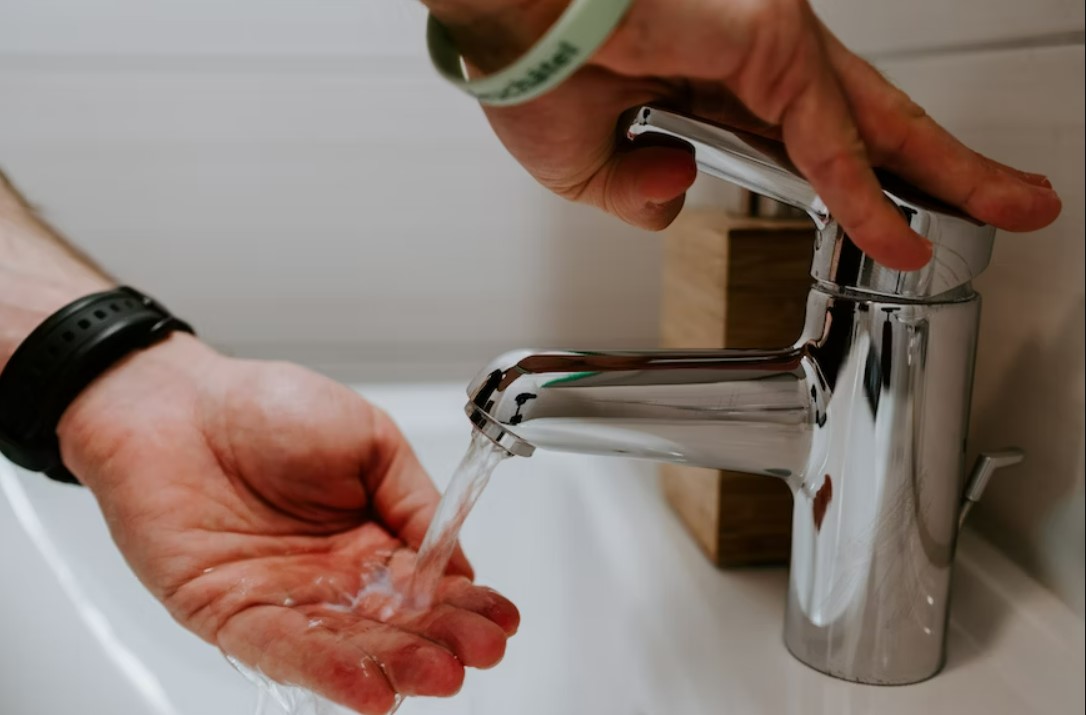The Camp Lejeune water contamination incident is considered one of the most significant environmental disasters in U.S. military history. According to an article by The Capitolist, over one million people were exposed to harmful substances in the base’s drinking water between 1953 and 1987. These findings have led to the initiation of a major legal battle for the affected individuals seeking justice.
While the lawsuit aims to bring accountability and compensation to those impacted, it has also played a crucial role in establishing measures to prevent future water crises. In this article, we will discuss how the Camp Lejeune contamination lawsuit serves as a catalyst for change, building a strong foundation to prevent similar water crises in the future.
Learning from Past Mistakes
According to a Reuters article, the U.S. government has faced more than 900 lawsuits in a federal court in North Carolina. These legal actions were initiated following the enactment of the Camp Lejeune Justice Act (CLJA) in August 2022. The CLJA permits veterans and their families to bring claims pertaining to their exposure to contaminated water at Marine Corps Base Camp Lejeune.
One of the critical aspects of the Camp Lejeune lawsuit is the thorough investigation into the root causes of the water contamination. By identifying the specific pollutants and the practices that led to the crisis, experts can develop comprehensive strategies to prevent similar incidents in the future.
Understanding past mistakes and shortcomings is essential for implementing effective preventive measures and ensuring that water sources remain safe and clean. Additionally, this knowledge can be shared with other communities facing potential water contamination issues, allowing them to proactively address their unique challenges and vulnerabilities.
Strengthening Regulatory Frameworks
The Camp Lejeune lawsuit’s spotlight on the inadequacies of existing regulations has spurred the call for strengthened regulatory frameworks to safeguard water supplies. It has brought attention to the necessity of establishing and enforcing stringent water safety standards at military bases and other critical installations.
By demanding accountability and transparency, the Camp Lejeune contamination lawsuit paves the way for more comprehensive and proactive water safety regulations for military bases. Furthermore, this legal action can serve as a precedent for similar environmental cases, encouraging governments and regulatory bodies worldwide to enhance their environmental protections and enforce stricter guidelines.
Corporate Accountability
According to TorHoerman Law, the legal battle has not only targeted the government but also corporations responsible for manufacturing and disposing of hazardous chemicals. By holding these entities accountable for their actions, the Camp Lejeune contamination lawsuit sends a powerful message about the importance of responsible environmental practices.
This increased corporate accountability serves as a deterrent against negligent actions that could lead to water contamination and other environmental hazards. Moreover, it sets an example for industries globally to prioritize environmental stewardship and adopt sustainable practices, reducing the risk of future water crises and environmental harm.
Empowering Communities
The Camp Lejeune contamination lawsuit has garnered significant media attention and public awareness, empowering communities to take an active role in demanding environmental justice. Through advocacy efforts and community engagement, affected individuals and environmental activists have united to raise their voices for stronger environmental protections and regulations.
This collective action is crucial in preventing future water crises by fostering a culture of environmental responsibility and awareness. Additionally, public awareness campaigns can extend beyond Camp Lejeune, inspiring citizens around the world to advocate for their right to clean water and hold their governments accountable.
Research and Technology Advancements
The lawsuit’s emphasis on the need for thorough testing and monitoring of water sources has spurred advancements in research and technology. Scientists and experts are now exploring innovative methods to detect and mitigate water contaminants more efficiently.
According to an article by Water Online, solar-powered water filtration, bioaugmentation, and nanotechnology are some of the most popular and innovative treatment methods that are currently being explored.
These advancements contribute to the development of better water testing protocols and early warning systems, ensuring timely responses to potential water quality threats. Furthermore, the knowledge gained from this research can be shared with global organizations and scientific communities, fostering international collaborations to tackle water contamination challenges collectively.
International Implications
The Camp Lejeune contamination lawsuit’s impact extends beyond national borders, raising awareness about water safety concerns worldwide. The lessons learned from this legal battle serve as valuable examples for other countries facing similar water crises.
By sharing knowledge and experiences, the international community can collaborate on building a global foundation for preventing future water crises and ensuring access to safe and clean water for all. Additionally, this international cooperation can lead to the establishment of international treaties and agreements to address global water challenges collectively.
Key Takeaways
The Camp Lejeune contamination lawsuit serves as a critical turning point in addressing water crises. By examining past mistakes and holding responsible parties accountable, it has laid the foundation for stronger water safety regulations and corporate accountability.
The public’s increased awareness and engagement empower communities to demand environmental justice and foster a culture of responsibility. Advancements in research and technology are revolutionizing water testing and treatment methods, ensuring better protection of water sources.
The global implications highlight the significance of international collaboration in safeguarding clean water access worldwide. Overall, the Camp Lejeune lawsuit’s lessons learned are essential in preventing future water crises and promoting a sustainable future.




